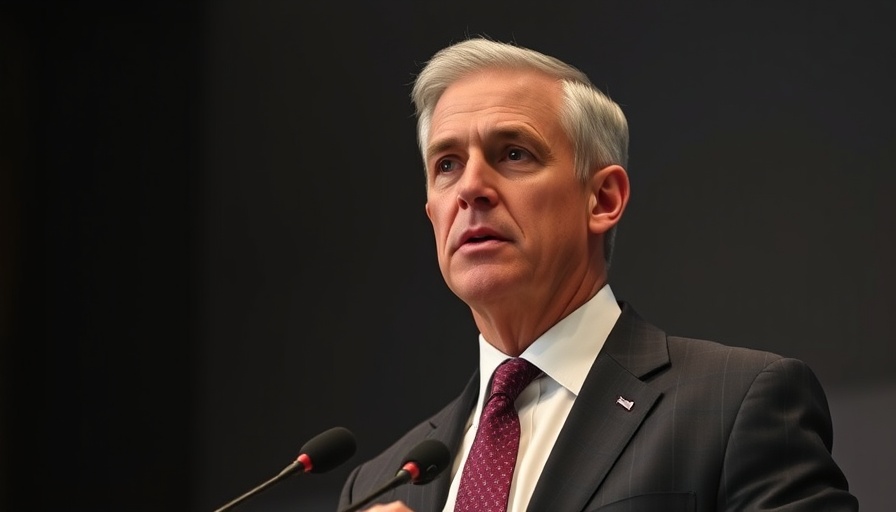
Historic Ruling Empowers Reproductive Rights in Alabama
In a significant ruling for reproductive rights, a federal judge has determined that Alabama Attorney General Steve Marshall cannot prosecute individuals or organizations assisting residents in obtaining abortions outside of the state. This judgment reinstates crucial support for advocacy groups aimed at aiding those in need of reproductive healthcare.
The Role of Advocacy Groups
Following the ruling, reproductive justice nonprofit Yellowhammer Fund wasted no time resuming its mission to support Alabama residents. As its executive director Jenice Fountain indicated, the urgency of the need is overwhelming: "We funded an abortion at 5:45—because that’s how severe the need is," showcasing the immediate impact of the ruling.
Understanding Alabama's Abortion Restrictions
Alabama has implemented one of the most restrictive abortion laws in the nation, without exceptions for rape or incest. This law was initially passed in 2019 and has only intensified the struggles faced by those seeking reproductive healthcare since the landmark Roe v. Wade decision was overturned in June 2022, which further strained access to vital services.
Legal and Ethical Challenges Ahead
As Mary Ziegler, a law professor, notes, the ruling highlights complex conflicts regarding First Amendment rights and state laws. As these legal challenges continue, the focus will shift to how states navigate their laws against the backdrop of federal rulings and rights, further complicating the path for organizations like Yellowhammer that aim to provide assistance.
Implications for Future Access
This ruling is pivotal, not only for organizations providing crucial support but also for individuals in need of reproductive services. The trembling legal landscape poses significant questions about due process and the right to travel in pursuit of health services, putting Alabama at the forefront of a national debate on reproductive rights and healthcare accessibility.
The broader implications of this ruling extend beyond Alabama, encouraging a reevaluation of state-level abortion restrictions across the U.S., igniting discussions on a national scale about reproductive freedoms and governmental roles in healthcare.
 Add Row
Add Row  Add
Add 




 Add Row
Add Row  Add
Add 



Write A Comment